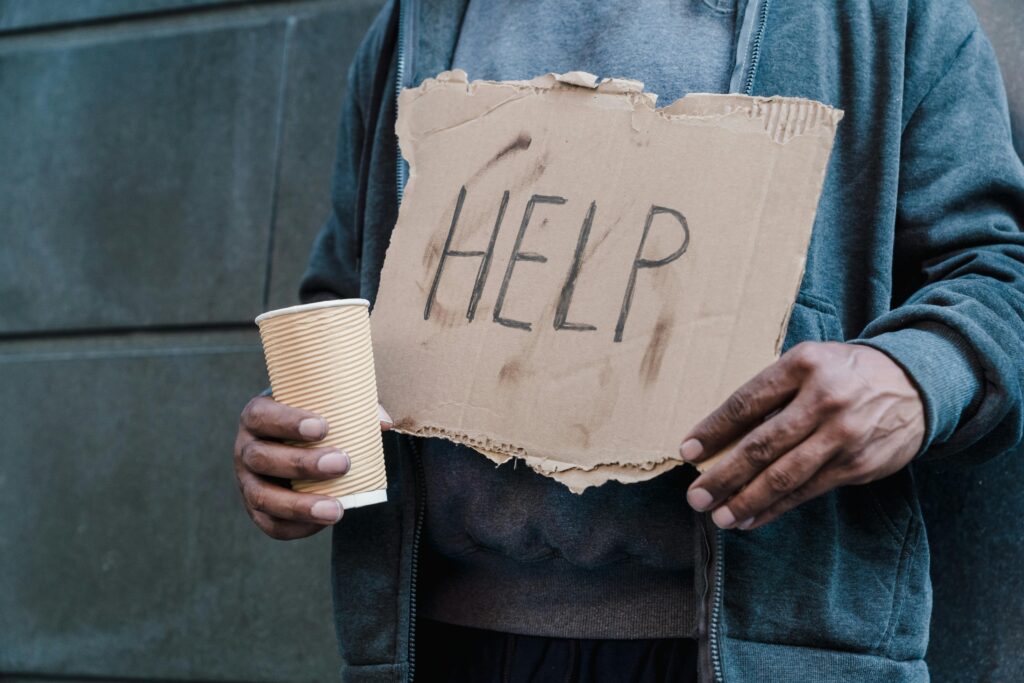Begging, the outward sign of poverty and inequality, is an ongoing problem globally. It can readily be found on street corners, in front of religious buildings, and in public markets. Some sympathize with beggars and are empathetic towards them, but others consider beggars a nuisance or the sign of the failure of an entire society. Reality is far more complex. Begging is not an individual problem—it is a reflection of systemic problems such as poverty, unemployment, illiteracy, and a failed social safety net.
The causes for begging are diverse and typically rooted in economic necessity. The majority of beggars are unemployed or physically, mentally, or educationally incapacitated. Other times, individuals are compelled to beg by domestic tragedies, displacement, or natural calamities that have rendered them homeless and without livelihood. For women and children, it is worse. Children who beg are often victims of abuse, trafficking, or exploitation by organized groups who generate income from their vulnerability.
While it is right before our eyes, begging is a survival strategy and not an option. Most beggars would rather have stable jobs and respectable lives but are not provided the opportunity. The perspective of upward mobility is narrow for individuals trapped in poverty. Education, a way out of poverty, is not a possibility for families that cannot afford to send their children to school or that require them to work to supplement family income. Without education, these children become adults who have few other choices but to beg. In other regions, begging has been institutionalized as a part of organized crime. Poor individuals, especially children and disabled individuals, are being exploited by criminal gangs, who compel them to beg and subsequently appropriate their earnings. Not only is this a violation of fundamental human rights, but it also creates suspicion among the public and deflects sympathy from genuine cases. Such criminalization of begging discourages law enforcement from being able to effectively address it because punitive measures serve to punish the victims rather than the exploiters.
Begging attempts must be met by addressing the causes. Governments and NGOs have to work together to provide job training, mental health care, rehabilitation centers, and low-cost education to the poor. Current social welfare programs must be expanded in scope and better directed to benefit the most needy parts of society. Above all, public education must be undertaken—people need to be enlightened as to how to differentiate professional rackets from genuine need and to contribute to charitable agencies working towards long-term solutions rather than handing cash to beggars.
Briefly, begging is not so much an eyesore or social stain—it is a symptom of underlying socio-economic tension. Sympathy and sporadic acts of charity are to be lauded, but they are not enough. True change requires system change, more social responsibility, and faith in the dignity of human beings. Only by addressing the causes are we likely to reduce the demand for begging and allow people to regain their self-respect and independence.



